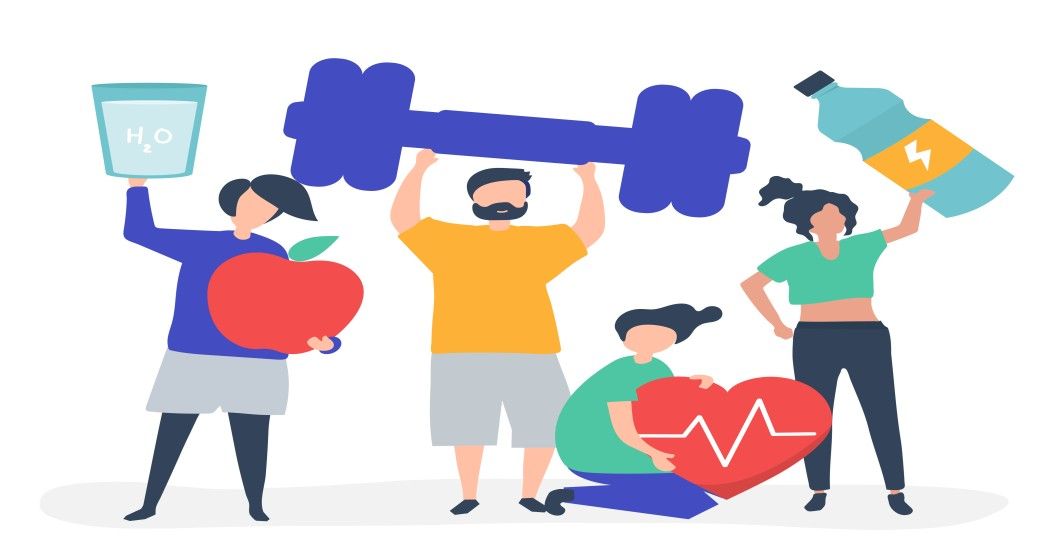Diabetes Management
Caffeine and Diabetes: Understanding Its Impact on Blood Sugar and Insulin Levels
2 min read
By Apollo 24|7, Published on - 26 April 2024
Share this article
0
0 like
.jpg?tr=q-80)
As morning routines unfold, a common ritual for many individuals involves sipping a hot cup of coffee. But have you ever wondered how caffeine, an active component in your beverage, interacts with your blood sugar levels especially if you're managing diabetes? While caffeine can get your day off to an energetic start, its effects on blood sugar and insulin sensitivity present a more complicated picture.
Understanding Caffeine's Effects on Blood Sugar and Insulin Sensitivity
Caffeine is known to stimulate our nervous system, keeping us alert and focused. However, research has indicated that caffeine can also impact insulin sensitivity – the response of our body's cells to insulin. This may lead to a rise in blood sugar levels for some individuals.
Individual Responses Vary
The effects of caffeine on blood sugar levels aren't uniform and can vary among individuals. Some might experience blood sugar spikes after caffeine consumption while others remain unaffected. It's been noted that people with type 2 diabetes may see a rise in their blood sugar and insulin levels post-caffeine consumption, complicating the control of their blood glucose levels.
Balancing Caffeine Intake and Diabetes Management
Despite these findings, the relationship between caffeine and diabetes isn't entirely negative. Some experts suggest potential health benefits of moderate caffeine consumption such as improved insulin sensitivity. However, more consistent findings are necessary to establish this link conclusively.
For those managing diabetes, it's paramount to regularly monitor blood sugar levels, particularly after consuming caffeine-rich drinks. Consultation with doctors can steer you towards making informed decisions that align with your health goals.
It's all about balance when it comes to managing diabetes and enjoying your favourite caffeinated drink. Regular monitoring of your blood sugar levels and personal observations on how your body responds to caffeine will go a long way. So, enjoy your cup of coffee but remember to keep an eye on those sugar levels.
Diabetes Management
Consult Top Diabetologists
View AllLeave Comment
Recommended for you

Diabetes Management
Measures for Diabetes Management and Healthy Living
Diabetes management involves a combination of healthy eating, regular physical activity, stress management, proper sleep, consistent blood sugar monitoring, and being regular on medication recommended by the doctor. These positive tips can significantly improve one's health and make living with diabetes more manageable.

Diabetes Management
How to Manage Diabetes as You Age?
Contrary to common belief, diabetes doesn't inevitably worsen with age. Successful management hinges on proactive lifestyle choices, medication adherence, and regular monitoring. Factors like diet, exercise, and overall health significantly influence the course of diabetes. Embracing a holistic approach, including adapted exercise and regular health check-ups, allows individuals to age healthily with diabetes, debunking myths and promoting a fulfilling life.
.jpg?tr=q-80)
Diabetes Management
Non-Vegetarian Food to Limit for Diabetics
Diabetes management involves smart food decisions. This includes knowing which non-vegetarian items to limit for health reasons. Processed meats and fatty meats can negatively affect your health, so it's essential to switch to lean proteins for better control over your diabetes. Seeking personalized support like the Apollo Super 6 program can also help manage diabetes effectively.
Subscribe
Sign up for our free Health Library Daily Newsletter
Get doctor-approved health tips, news, and more.
Visual Stories

8 Fruits That are Incredibly Healthy for Diabetes
Tap to continue exploring
Recommended for you

Diabetes Management
Measures for Diabetes Management and Healthy Living
Diabetes management involves a combination of healthy eating, regular physical activity, stress management, proper sleep, consistent blood sugar monitoring, and being regular on medication recommended by the doctor. These positive tips can significantly improve one's health and make living with diabetes more manageable.

Diabetes Management
How to Manage Diabetes as You Age?
Contrary to common belief, diabetes doesn't inevitably worsen with age. Successful management hinges on proactive lifestyle choices, medication adherence, and regular monitoring. Factors like diet, exercise, and overall health significantly influence the course of diabetes. Embracing a holistic approach, including adapted exercise and regular health check-ups, allows individuals to age healthily with diabetes, debunking myths and promoting a fulfilling life.
.jpg?tr=q-80)
Diabetes Management
Non-Vegetarian Food to Limit for Diabetics
Diabetes management involves smart food decisions. This includes knowing which non-vegetarian items to limit for health reasons. Processed meats and fatty meats can negatively affect your health, so it's essential to switch to lean proteins for better control over your diabetes. Seeking personalized support like the Apollo Super 6 program can also help manage diabetes effectively.


